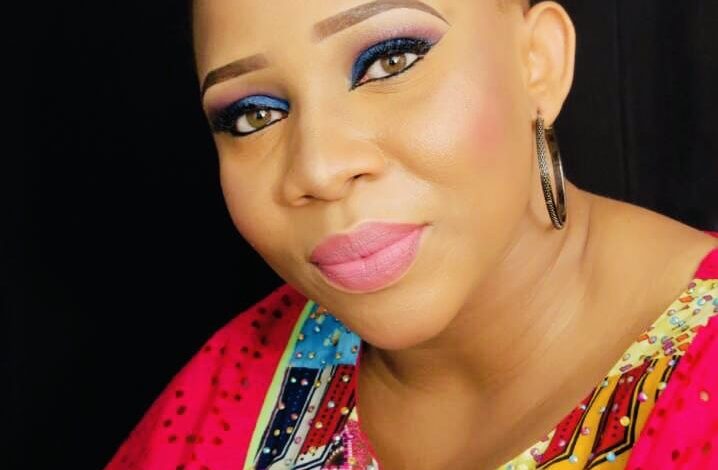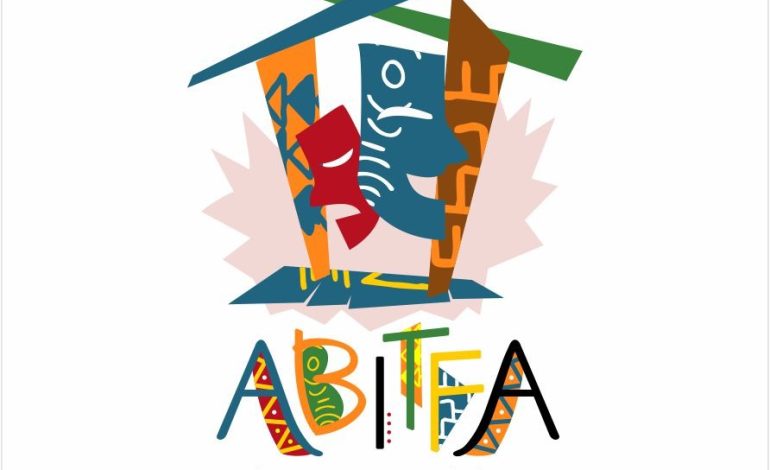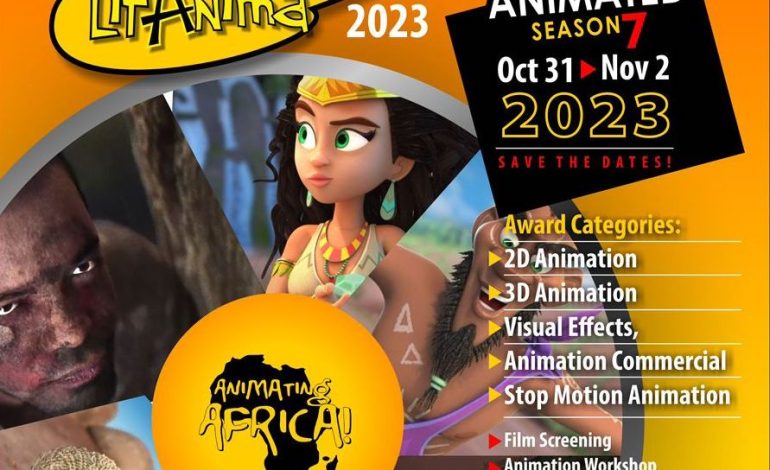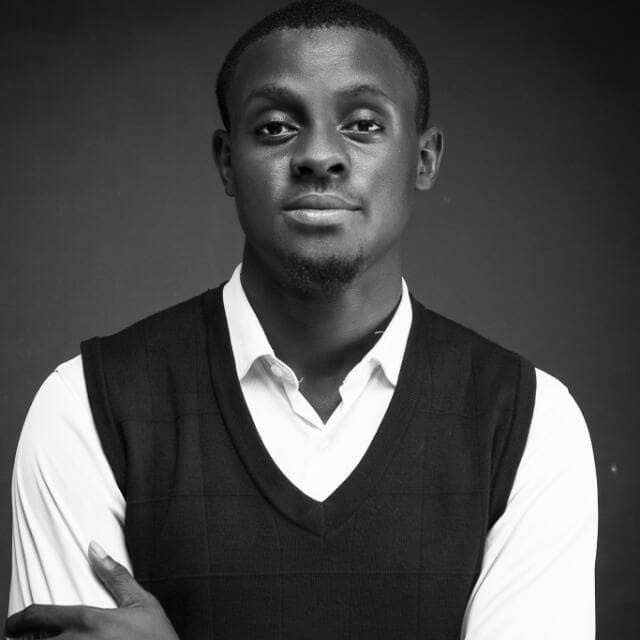Books saved me: I write my dreams and live them through imaginary characters, says Chukwudi-Okeh

* ‘Symbolism and imagery are like horses and palm oil to me’
Since moving to Wales, UK, Chinyere Chukwudi-Okeh has become one of the fast-rising, emerging Nigerian poets. She recently met the King of England. In this enchanting interview with award-winning editor and 2021 winner of the Holden Diversity Fellowship by American Copy Editors Society (ACES), AMARACHUKWU CHIMEKA, Chukwu-Okeh talks about her life, craft, her inspiration and how she uses symbolism in her works. Chukwudi-Okeh is the author of From the Crevices of Corps Hearts (Paressia Publishers) and other anthological writings in short story collection titled ‘International Sisi Eko’ and poetry collection titled Soro Soke, an #EndSARS anthology. She is currently one of two women working with Honno Publishers to assemble memoirs from women of Asian and African descent. Her short story, ‘To Buy An Expensive Dream’ has been accepted into Honno’s anthology of short stories project. And her creative non-fiction memoir, When Ancestors Cross Borders, is part of the submissions for Honno’s Diaspora Project. Chukwudi-Oke graduated with distinction from the Creative Writing Course of Swansea University in 2022
What inspired you into writing?
WELL, I grew up in Onitsha in Anambra State, surrounded by traders, apprentices and young people dreaming to grow and join their fathers in the markets and maintain their family businesses. That was how commercial the city of Onitsha was (and still is). So naturally, young girls would grow and marry traders and own shops and businesses themselves. I wanted something different. I knew there was more out there for me than accessing the comfort of the common or ideal dream back in the days. Books saved me. I would read and then write my dreams and live them out through imaginary characters. The hunger for more propelled me to write and it became the very muse that inflamed my thoughts and powered my flighty imagination.
How do you typically approach the writing process?
I approach it in a zigzag manner; no order, no symmetry, no plan. It is usually spontaneously achieved either when I’m hit by the writing bug, a frenzy of emotions, melacholy, excitement, good news, bad news. In my world, every nightmare is a wonderful inspiration. My favourite piece of writing is a children’s book that I am hoping would be accepted by some publishers here in Swansea. It is titled The Missing Tooth: Fairies of Wales, a collective effort with my children.
What kind of research do you usually do before you write?
I love Igbo cosmology, ontology and ethnography, hence my researches are usually anthropological. I grew up in close relationship with elderly family members. Hence native wit and wisdom, meta language, proverbs, totemic expressions, parables and idiomatic expressions are hardly a problem to me.
How do you handle writer’s block or creative slumps?
I read, watch movies and social media skits. I also drawn my powerlessness in music and the tranquility of daydreams. You cannot write from a place of emptiness. Read and fill your reservoir of knowledge. A good reader makes a great writer.
How do you balance your writing with other aspects of your life?
Sacrifice in the bridge that gives my life a semblance of equilibrium. Sometimes I burn the proverbial midnight candle, Self-denial especially when I have to choose. I am still finding my balance today.
Are there any particular authors or books that have influenced your writing style?
Chigozie Obioma’s An Orchestra of Minorities, Ben Okri’s Famished Road and Manchester Happened by Jennifer Makumbi. My authors are Chinua Achebe, Jon Gower, Chimamanda Adichie and lots more. Achebe called proverbs the ‘palm oil with which words are eaten’. (Wole) Soyinka called proverbs the ‘horses of speech’. For me, symbolism and imagery are like horses and palm oil. They are to me what proverbs are to Achebe and Soyinka. They help to create and heighten effect.

Chinyere Chukwu-Okeh
Can you give me an example of a piece you’ve written where symbolism or imagery played a significant role?
A short story of mine titled ‘To Buy an Expensive Dream’ will be published by Honno Publishers in a collection titled Lipsticks and Glosses. This is an extension of the Nigerian ‘japa’ outbreak and the mirage surrounding the idea that the grass is greener on the other side. I tried urging the reader to embark on a journey as the story itself is hinged on migration. As such I wanted the reader to feel the varying levels of emotions and walk in the shoes of the traveller-protagonist.
How do you decide which symbols or images to use in your writing? Do you plan them in advance or do they emerge organically as you write?
They are 80% organic; the movements, twists and turn in plot often set the tone for the fluid infusion of these devices.
How do you ensure that the symbolism or imagery in your writing is effectively communicated to your readers without being too heavy-handed?
Heavy-handedness is often inevitable. Besides, I don’t fancy authorial intrusion. I love it when the reader connects a the dots and arrive at their points of denouement by themselves. My writings are majorly inspired by lived experiences of myself and others. But I have also learnt from reading the works of authors across the world.
How do you balance the use of symbolism and imagery with other elements of storytelling, such as plot and character development?
These are elements I make no outright effort to achieve. Owing to the spontaneity and fluid nature of my writing and inspiration to write, I usually discover these elements after the frenzy of writing.



